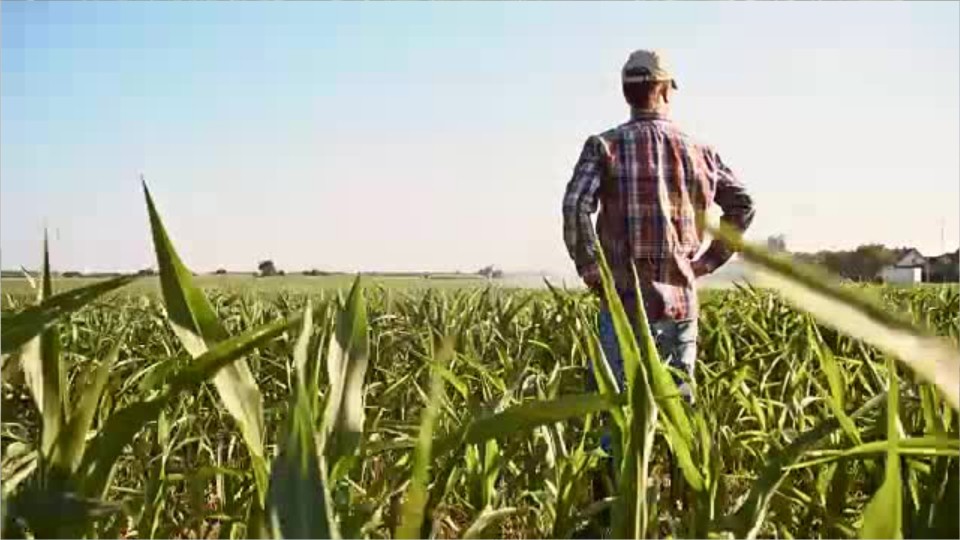First-Line Supervisors of Farming, Fishing, & Forestry Workers
Farm Supervisor, Harvesting Supervisor, Hatchery Manager, Logging Supervisor
 Select a military branch to see samples.
No similar titles were found.
Select a military branch to see samples.
No similar titles were found.
Animal Care Specialist; Cannon Crewmember; Cavalry Scout; Combat Engineer; Combat Medic Specialist; Food Safety Officer; Intelligence Analyst; Military Police; Unit Supply Specialist; Wheeled Vehicle Mechanic
No similar titles were found.
No similar titles were found.
No similar titles were found.
No similar titles were found.
What they do:
Directly supervise and coordinate the activities of agricultural, forestry, aquacultural, and related workers.
On the job, you would:
- Assign tasks such as feeding and treatment of animals, and cleaning and maintenance of animal quarters.
- Record the numbers and types of fish or shellfish reared, harvested, released, sold, and shipped.
- Monitor workers to ensure that safety regulations are followed, warning or disciplining those who violate safety regulations.
Knowledge
Business
- management
- customer service
Manufactured or Agricultural Goods
- manufacture and distribution of products
- food production
Arts and Humanities
- English language
Engineering and Technology
- mechanical
Skills
Basic Skills
- thinking about the pros and cons of different ways to solve a problem
- keeping track of how well people and/or groups are doing in order to make improvements
Problem Solving
- noticing a problem and figuring out the best way to solve it
Social
- changing what is done based on other people's actions
- teaching people how to do something
Abilities
Verbal
- listen and understand what people say
- communicate by speaking
Ideas and Logic
- notice when problems happen
- group things in different ways
Personality
People interested in this work like activities that include leading, making decisions, and business.
They do well at jobs that need:
- Leadership Orientation
- Perseverance
- Dependability
- Attention to Detail
- Cooperation
- Integrity
Technology
You might use software like this on the job:
Spreadsheet software
- Microsoft Excel
Presentation software
- Microsoft PowerPoint
Data base user interface and query software
- Database software
- Valley Agricultural Software DairyCOMP 305
Education
Education: (rated 3 of 5)
bachelor's degree or
high school diploma/GED
usually needed
high school diploma/GED
usually needed
Job Outlook
Average
New job opportunities are likely in the future.
Explore More
- First-Line Supervisors of Construction Trades & Extraction Workers
- First-Line Supervisors of Landscaping, Lawn Service, & Groundskeeping Workers
- First-Line Supervisors of Material-Moving Machine & Vehicle Operators
- First-Line Supervisors of Mechanics, Installers, & Repairers
- First-Line Supervisors of Production & Operating Workers
You might like a career in one of these industries:
See more details at O*NET OnLine about First-Line Supervisors of Farming, Fishing, & Forestry Workers.





